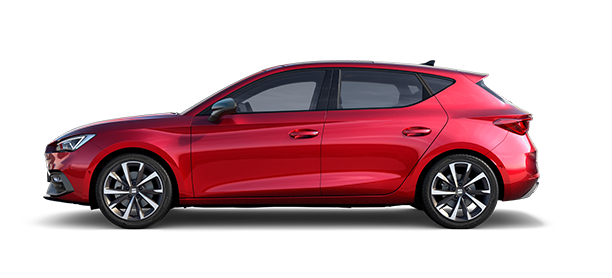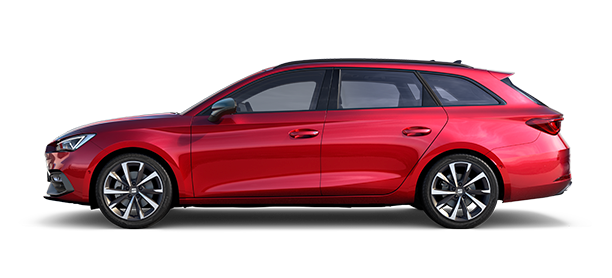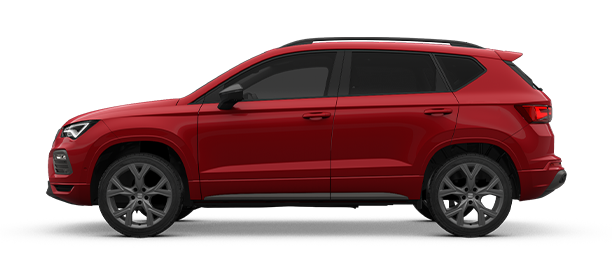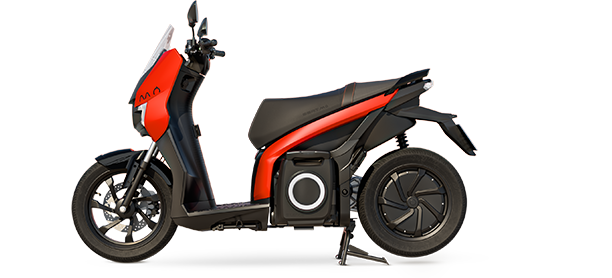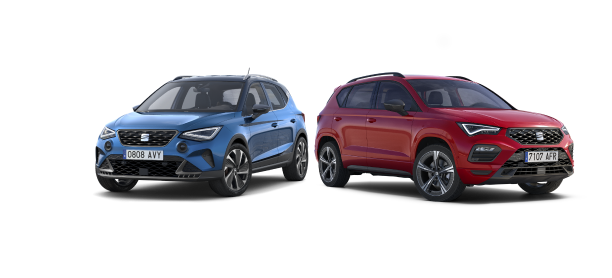The road to electrification requires industrial transformation at all levels. For this to happen, innovation is key. In Martorell’s Workshop 9, a drone flies above the production lines. It’s the testing phase of a pioneering new project between SEAT S.A. and the Eurecat centre to explore the possibility of using drones to optimise logistics supplying.
Innovation flying over the line.
Innovation is paving the road to electrification with industrial transformation solutions.
“Our goal with this innovation project is to explore the advantages of autonomous vertical mobility to clear up space on the floor and shift light-weight parts in a faster, cleaner and more efficient way” explains Alba Gavilán, head of Digital Execution & Delivery in the Production Strategy department. “In the future, drones could autonomously transport components directly to the line” she adds.
Flying on their own.
Currently in its pilot phase, this innovative formula was designed to be applied to an entire fleet of drones programmed to fly autonomously, without the need of a remote control. To move around the factory, the drones are built with a system of sensors that can detect the features on the shop floor. “This involves a lot of mapping, programming and hours and hours of testing during the pilot project, also with obstacles, to train the drone for any kind of situation” says Alba. The project first took shape in 2019, and has already logged more than 1,500 hours of work, even during the COVID-19 pandemic.
Goal: to optimise logistics.
The project will use drones to transport parts autonomously on the production line.
The SEAT Martorell facilities are already home to other groups of robots that move independently around the workshops, the AGVs (automated guided vehicles) and AMRs (autonomous mobile robots) and the outdoor drone for components’ supplying. The team working on the drones, called SEAT S.A. Squadrone, realised early on that factory logistics could be further optimised by taking advantage of indoor airspace: “The advantage of drones is that they have unhindered vertical movement, which will greatly facilitate the transport of parts and complement the function that the AGVs perform on the ground” Alba explains.
The future, fast approaching.
For Jorge Luis Martínez, responsible for SEAT S.A. Logistics Innovation, the future will see an intergration of the company’s current outdoor drones with the indoor drones to improve parts transportation both inside and outside the workshop.
“We could connect nearby suppliers with the factory, extending their supply line directly to the production line and without having to rely on warehousing options for certain electric car components in the future” he explains.
“This project is an example of collaboration that operationalises our knowledge transfer on smart drones to industrial applications at SEAT S.A.” says Daniel Serrano, director of the Robotics and Automation Unit at Eurecat. “It’s a revolution in the logistics paradigm to prepare us for the electric challenge” concludes Martínez.
Innovation Day
A logistics revolution with the ultimate goal of transporting electric car components.
The ‘Indoor: Autonomous Flying Platform’ project is just one of the initiatives presented at the third edition of SEAT S.A. Innovation Day, which will take place October 27th and 28th at SEAT Martorell facilities. The event recognises and promotes innovation among the company’s employees. More than 25 projects will be presented this year , inluding an augmented reality software initiative, a system that tests the safety protocol simulations for driving assistants, and a self-driving electric competition car designed and manufactured by university students.







